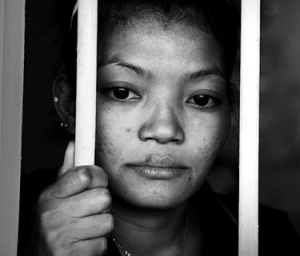Every year, the U.S. Department of State releases a report on trafficking in persons across the globe. The 2014 report ranks Singapore as a Tier 2 country for the fourth consecutive year, as “[t]he Government of Singapore does not fully comply with the minimum standards for the elimination of trafficking however, it is making significant efforts to do so”.
The 2014 report highlights the need for Singapore to do more to protect the rights of victims of trafficking. It recommends the introduction of a legally mandated victim-centered approach to investigating and prosecuting trafficking offences, providing protections to victims regardless of whether the case results in a prosecution, and increasing support to organisations assisting victims of trafficking.
This is HOME’s response to the 2014 report:
Response to US Department of State’s trafficking in persons report
HOME agrees with the issues raised in the TIP report and the State Department’s Tier 2 ranking is correct. The Singapore government has started to take trafficking more seriously and this is a positive sign.
However, measures which ensure the rights of trafficked victims fall short of internationally recognised standards and those of other developed nations. For example, the right to decent work, compensation, legal aid, psychological and social support services is not guaranteed.
We are also deeply concerned that trafficked victims are being penalised for immigration and work related offences. Without an effective victim protection system, it is highly unlikely that trafficked migrants will file complaints and cooperate with the authorities.
Policies which encourage trafficking and forced labour, such as restrictions to job mobility, and the $5k security bond need to be abolished. We are also deeply concerned that trafficked victims are being penalised for immigration and work related offences.
The report mentioned disagreement between the government and civil society on whether specific cases amounted to trafficking. Indeed, HOME has referred such cases which were rejected by the government, even though our interviews revealed strong trafficking indicators. However, the reasons for not classifying such cases as trafficking are rarely disclosed. Greater collaboration and exchange of information between the government and civil society organisations is needed so that trafficked victims can be more effectively assisted and perpetrators brought to justice.
The 2014 report was released last week. You can read it here:


